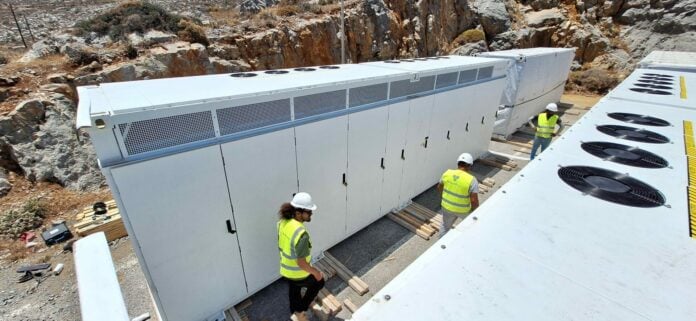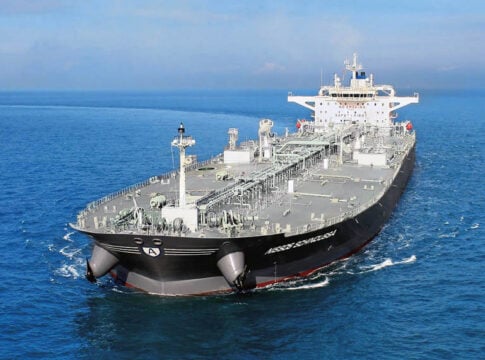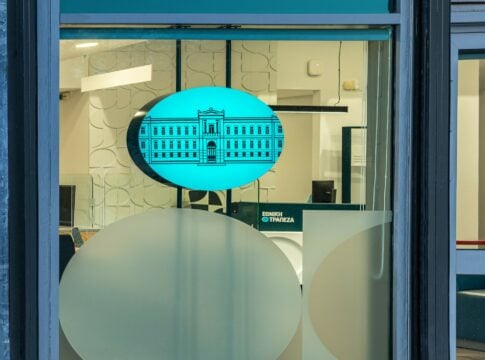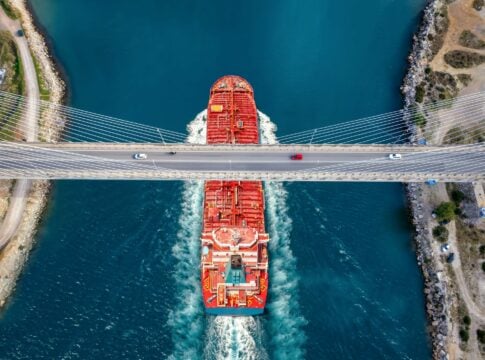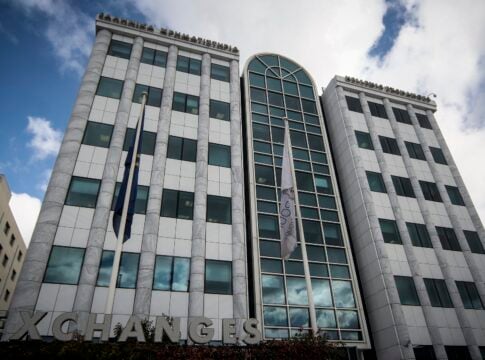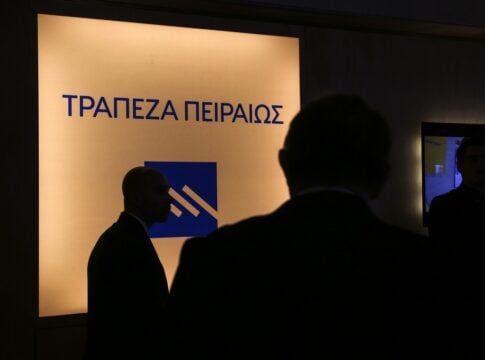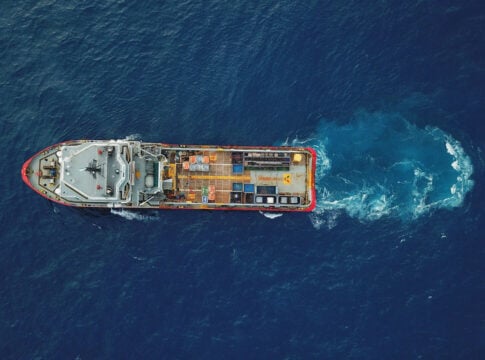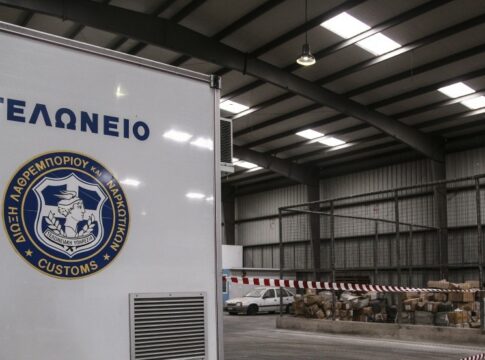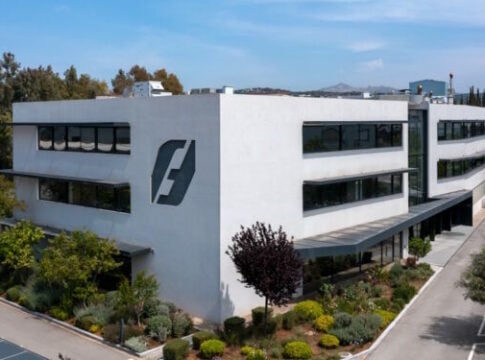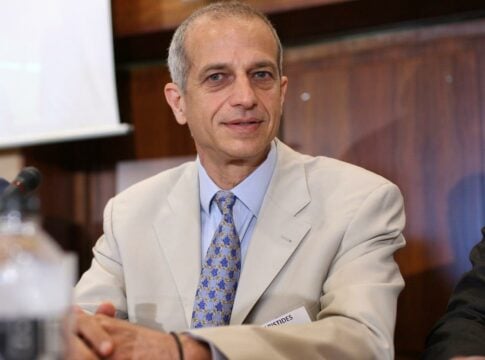Showcasing its commitment to energy transformation and innovation, PPC Group has initiated the construction of a pioneer pilot hybrid project on the non-interconnected Astypalea island, which will combine solar energy with electrochemical energy storage.
Given the plethora of small Greek islands and the declared objective of the imported fossil fuel phase-out, every small island is a challenge for the optimal integration of renewable sources and smooth withdrawal of old, polluting oil-fired power plants, with the region’s energy security always remaining the top priority.
Specifically, following the highly successful commencement of operation of the Ikaria Hybrid Energy Project, the fully-owned PPC subsidiary “PPC Renewables”, is proceeding with the construction of another hybrid plant, with the ultimate goal of transforming Astypalea into a green island.
The hybrid plant will consist of a solar plant with a capacity of 3.53MW, as well as a battery energy storage unit with a total capacity of 14.12 MWh. The combination of generation with storage enables the optimal utilization of the powerful solar potential of the island, the storage of surplus generation and its later use in periods of RES intermittency.
For the construction of the hybrid plant, around 6,000 bifacial solar panels will be installed, with the maximum absorption capacity of the storage unit reaching 8 MW. The annual generation of the plant is estimated to reach 6.55GWh, aiming to meet over 80% of the island’s needs and the prevention of emissions of approximately 5,700 tons of CO₂ annually.
The construction of the project is expected to be completed by the end of 2025, enhancing energy security on the small, unique, island known as the “butterfly of the Aegean”. To the approximately 1,400 permanent residents in winter, thousands of tourists are added during summer, who significantly increase energy demand.
The Deputy CEO of RES PPC Group, Konstantinos Mavros, stated: “The pioneer pilot hybrid project of PPC Group on Astypalea can serve as a case study for the energy future of our country, as the project combines solar energy with electrochemical storage. The combination of energy generation from renewable sources and the subsequent ability to store this energy for use during periods when RES generation is low, offers a solution to the issue of RES intermittency and enhances the stability of the system. PPC Group, committed to its vision of energy adequacy and green transition, will continue to innovate, always focusing on the interest of consumers and society”.
For many years, PPC Group has been investing in RES and currently it owns a total RES portfolio of an installed capacity of 6.2 GW across Greece, Romania, Italy and Bulgaria. The aim of the investment plan of PPC Group is to increase the installed capacity from RES to 11.8 GW by 2027.
At the same time, PPC Group makes major investments in energy storage as well. Based on its 2025-2027 investment plan, the company is planning the operation of battery energy storage system (BESS) projects of 600 MW, which are currently at various stages of implementation in Greece and Southeastern Europe. Moreover, PPC Group also develops pumped hydro storage projects, operating as natural batteries. Specifically, in Western Macedonia, it is proceeding with the construction of a PHS project at the Kardia mine, with a capacity of 320 MW for 8 hours, and a second project at the South Field mine, with a capacity of 240 MW for 12 hours.


